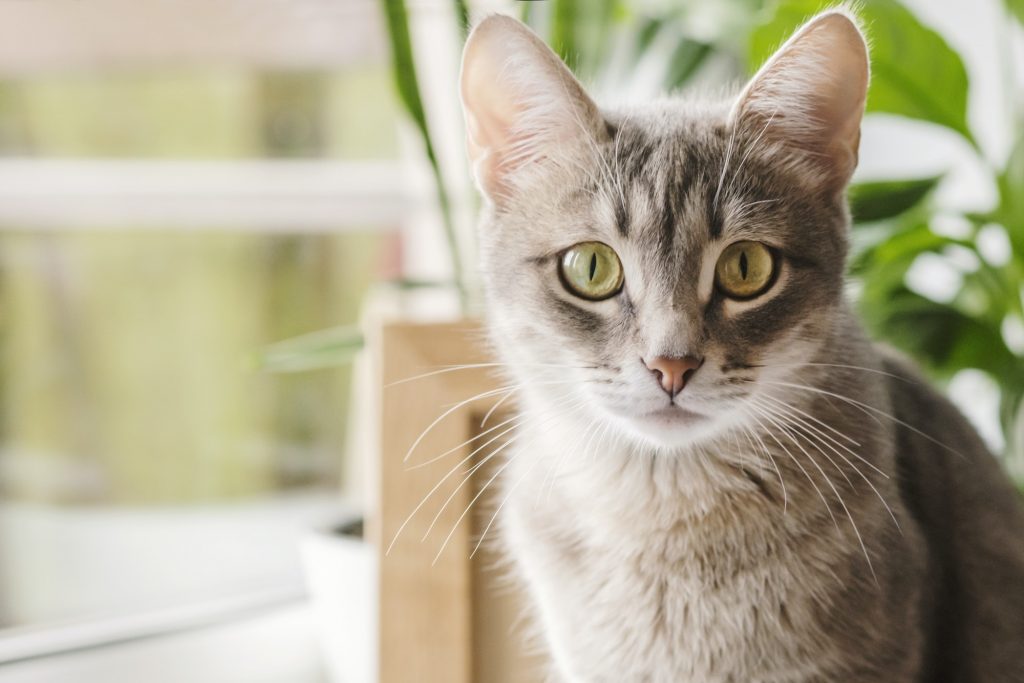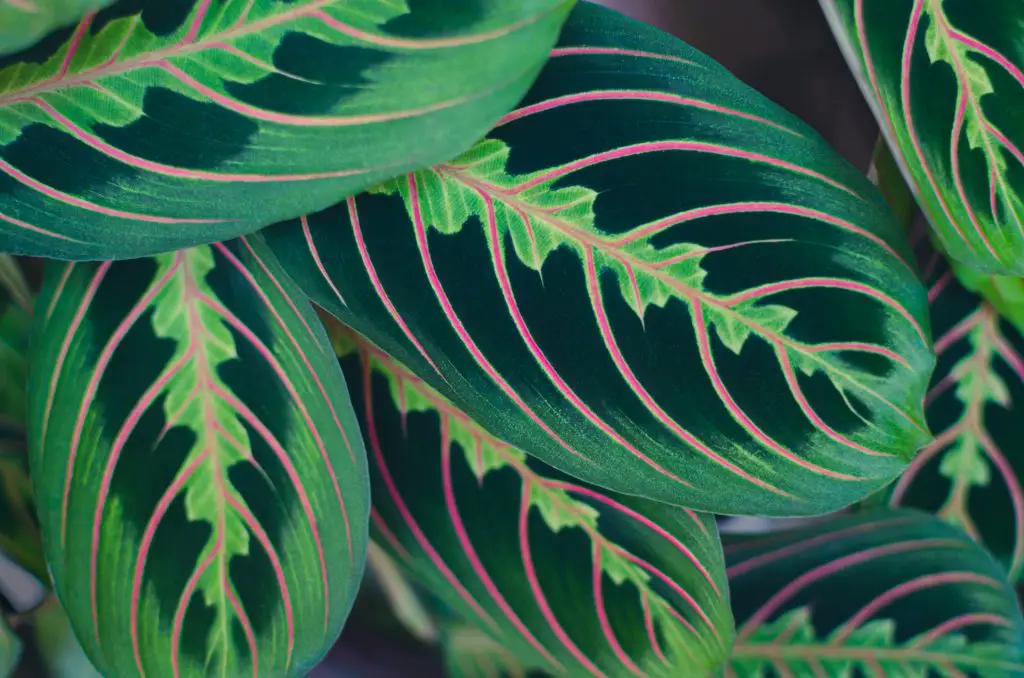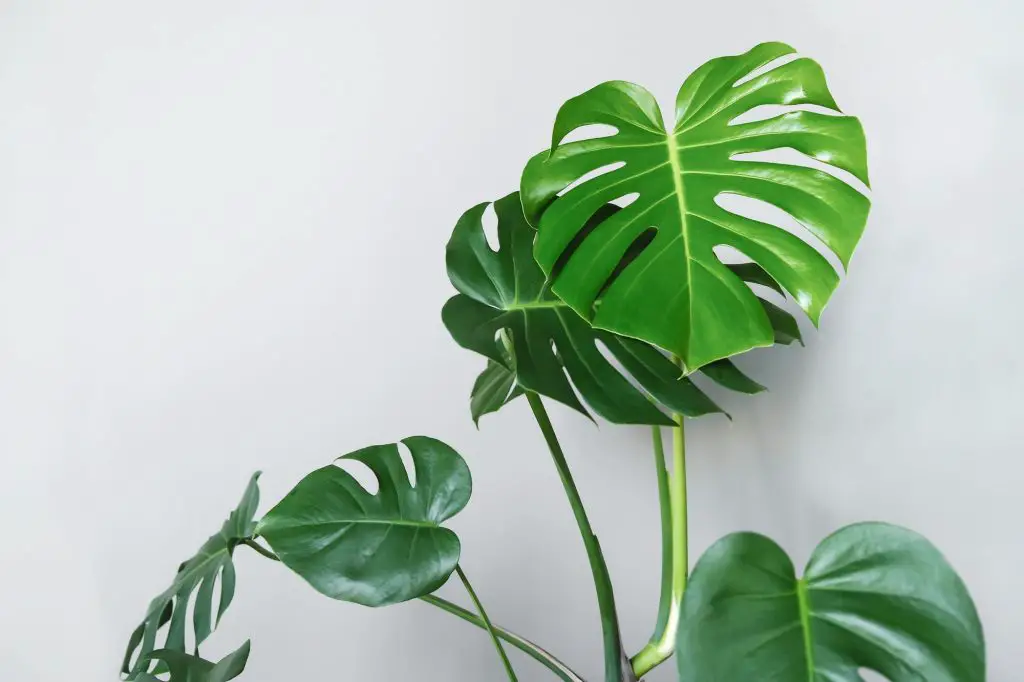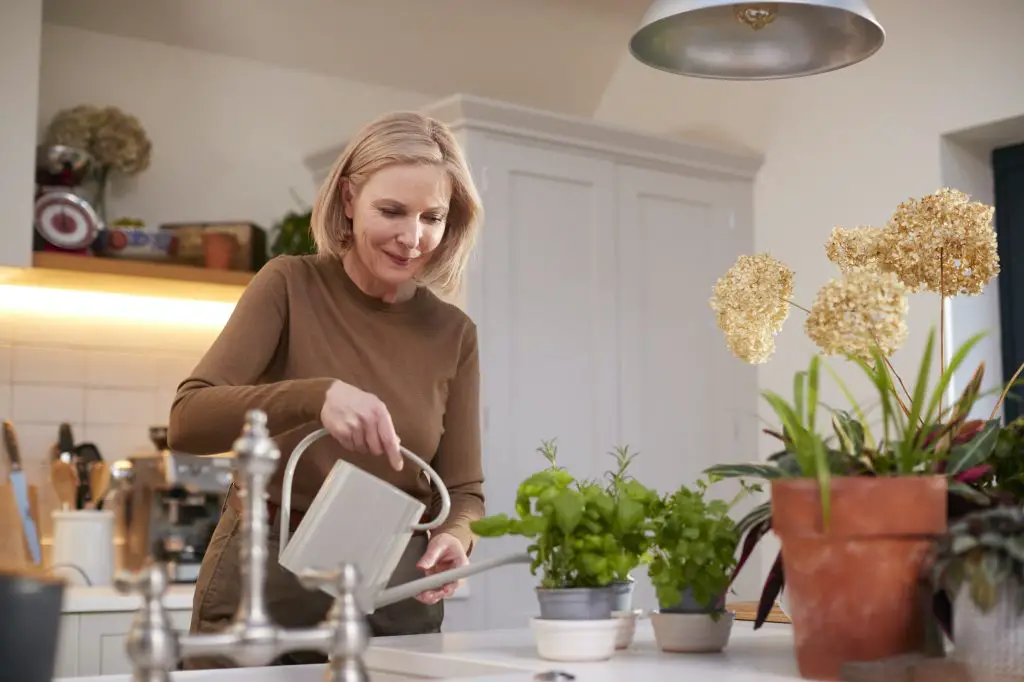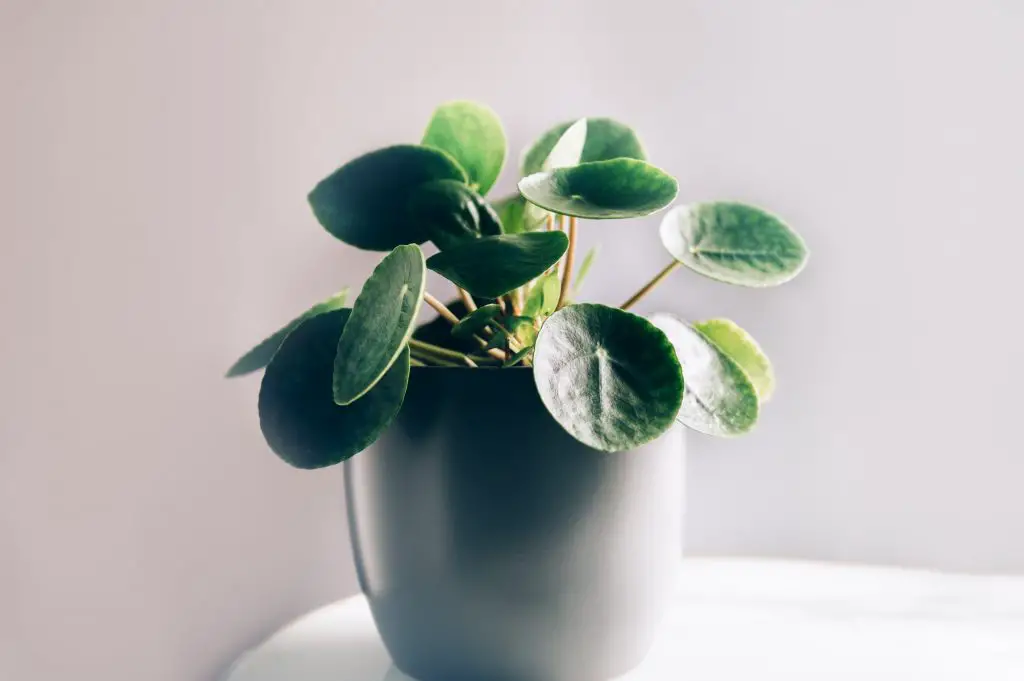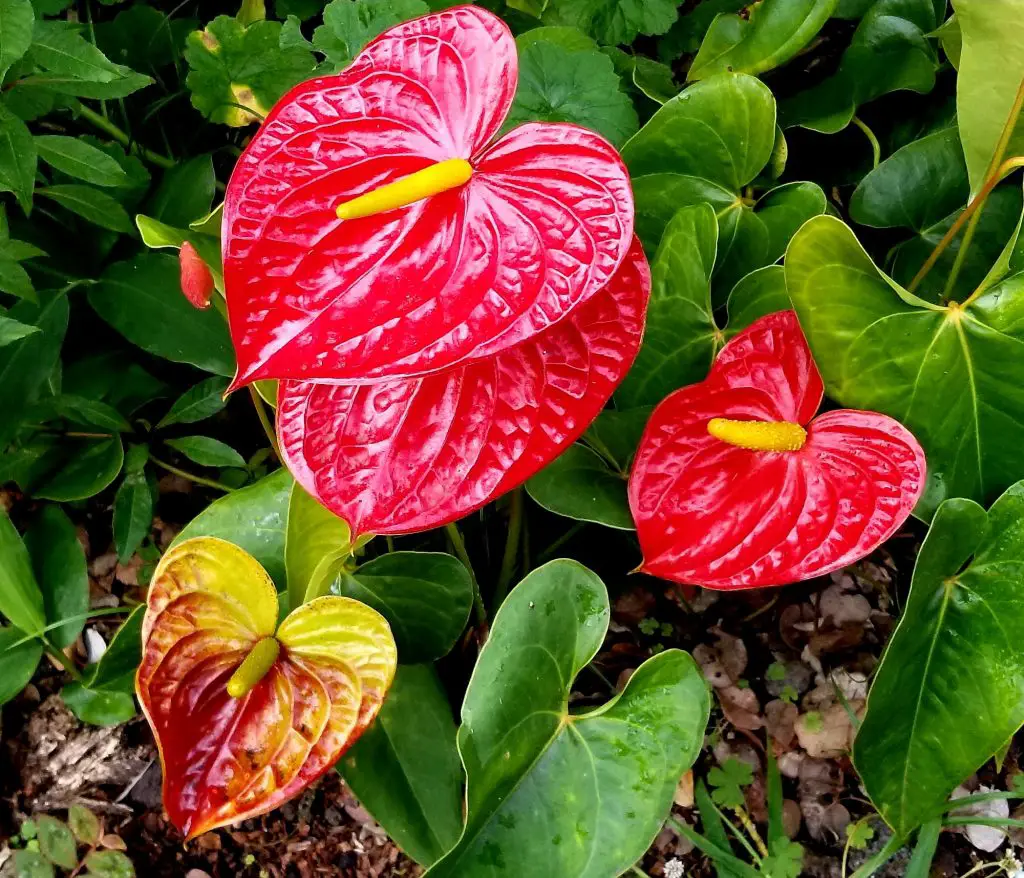There are certain challenges that Bromeliad growers often face when propagating a Bromeliad plant; one of such is whether they can grow the plant simultaneously with breeding their pets, especially Cats and Dogs in regards to whether or not the plant would be harmful to pets.
Some house plants are known to have toxic elements or contain allergens that may affect pets that stay in the same vicinity with the plant thereby hurting the pet.
Are you scared that propagating bromeliads may be poisonous to your cats and, or dogs? You do not want a situation where your bromeliads are blooming attractively and your pets suffer in the process.
Keep reading to find out if it is truly poisonous or if you can grow your bromeliads alongside breeding your favorite pet(s).
Table of Contents
Are Bromeliads Poisonous to Cats and, or Dogs?
To allay your fears and worries, bromeliads are neither harmful to your cat or dog. This means that you can breed your pet and also grow your bromeliads. Despite the plant not being poisonous to your pets, cats, and dogs in this case, you must be careful to prevent your kittens and puppies from staying around this plant.
For puppies, they are usually drawn to the stagnant water in the bromeliad tank/cup, the tank or cup is at the center of the plant, and when they are attracted to the stagnant water they are prone to pulling out or chewing the bromeliad thereby destroying or disfiguring your plant. This can be disheartening.
For kittens, they tend to also chew bromeliad leaves, though not poisonous, it could make them sick because the kittens could be allergic to the plant. Also, they could choke on the leaves and this can lead to a serious case of suffocation. It is best advised to see a Veterinary doctor upon discovering your pet has ingested the bromeliad plant.
There are measures you can take to propagate your bromeliad alongside breeding your pet.
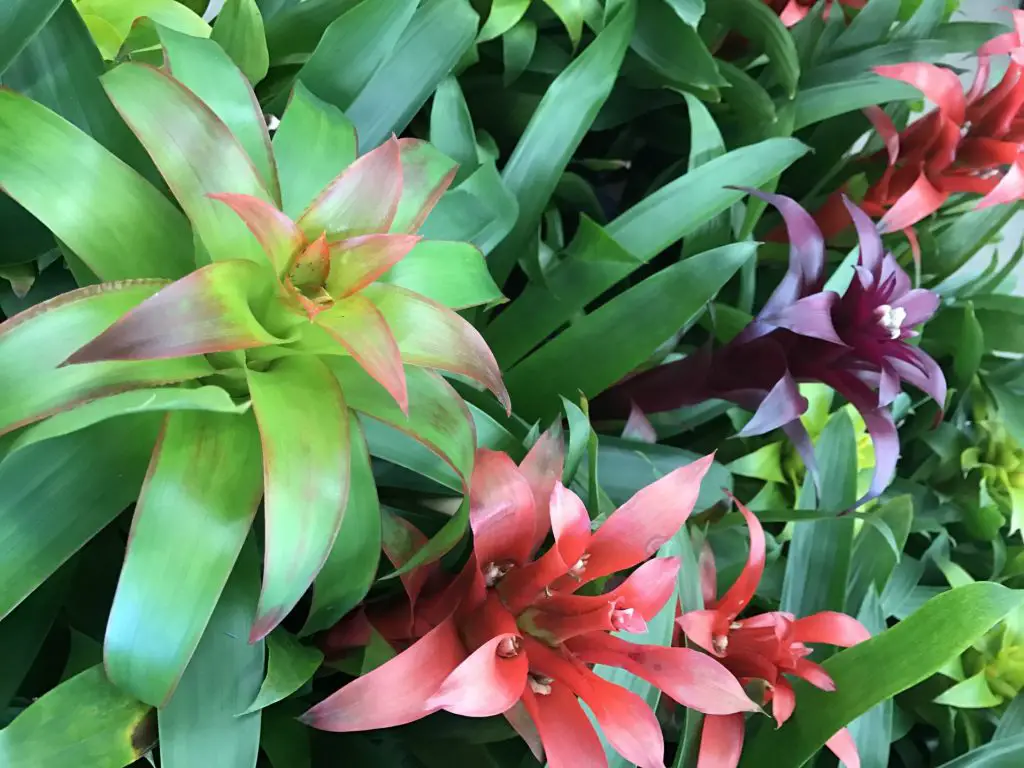
How do you protect your Bromeliads from your Cats and Dogs?
Your bromeliads need to be protected from your cats and dogs; this is in the best interest of your plant and its growth. Asides from them chewing the plants and getting sick from them, other challenges come from growing and breeding.
Your bromeliad pot may be at risk with your pet around because cats and dogs love to hop about thus knocking things over. Another challenge is the pets digging through the pot, the roots of the bromeliad may be uprooted in this process and it could die in the process.
The following tips would help protect your bromeliads from your pets:
- You can make use of a spray bottle on your pet whenever it gets near the bromeliad. Doing this consistently would prevent the pet from getting close to the plant.
- Repellant sprays are very helpful as well. Just spray your bromeliad and your pet would be nowhere close to your pot. Avoid using vinegar as this can harm your plants
- You could put pebble stones in your bromeliad pot but let there be space enough for your soil to be watered; this would prevent your pets from digging through your soil.
- Resort to placing your plants out of the reach of your pots
A Quick List Of House Plants that are non-toxic to Cats and Dogs
Since you have discovered that bromeliads are not poisonous to your cats and dogs, you may already be considering growing other house plants.
If you are a house plant explorer and you want to grow other house plants, the following are non-toxic plants you can propagate which would not affect your cats and dogs:
- African violet
- Spider Rattlesnake Plant
- Parlor palm
- Boston fern
- Polka dot plant
- Orchids
- Baby tears plant
- Areca palm
- Prayer plant.
House Plants that are Poisonous to Cats and Dogs
While bromeliads are not poisonous to your pets, you may be growing other houseplants alongside bromeliads which may be harmful to your cat or dog.
This is a list of house plants that have been identified as toxic to your pets especially cats and dogs:
- Lilies
- Aloe Vera
- Snake plants
- English ivy
- Caladium
- Philodendron
- Pothos
- Cactus
- ZZ plant
- Jade plant, and many others.
Just in case you are growing any one of these, you might consider taking extra and careful measures to both growing and breeding both plants and pets.
Finally,
It is advised to always study the nature of the houseplant you want to propagate, this is to help you weigh the pros and cons of propagating it. In studying the plant, you would know whether it is toxic to your pets and if it contains allergens that may affect you or your kids.
Read more on Bromeliads:
- How Often Should You Water Bromeliad Plants?
- Bromeliad Leaves Turning Yellow? Here’s Why (And What to Do)
- Are Bromeliads Easy to Care For?
- Can I Put My Bromeliad Plants Outside?
- Bromeliads: The Complete Growth And Care Guide (2021)
Looking For More Houseplant Ideas?
We’ve written quite a ton of them. Discover our complete propagation and care guides below:
- 20 Most Colorful Indoor Plants To Get Today
- Oxalis Plant: The Complete Growth And Care Guide (2021)
- Swiss Cheese Plant Care: The Monstera Deliciosa Guide
- Ti Plants: The Complete Growth And Care Guide (2021)
- Triostar Stromanthe: The Complete Growth And Care Guide (2021)
- Prayer Plant: The Complete Growth And Care Guide (2021)
- Croton Plant: The Complete Growth And Care Guide (2021)
- Chinese Money Plant: The Complete Growth And Care Guide (2021)
- Anthurium Plant: The Complete Growth And Care Guide (2021)

